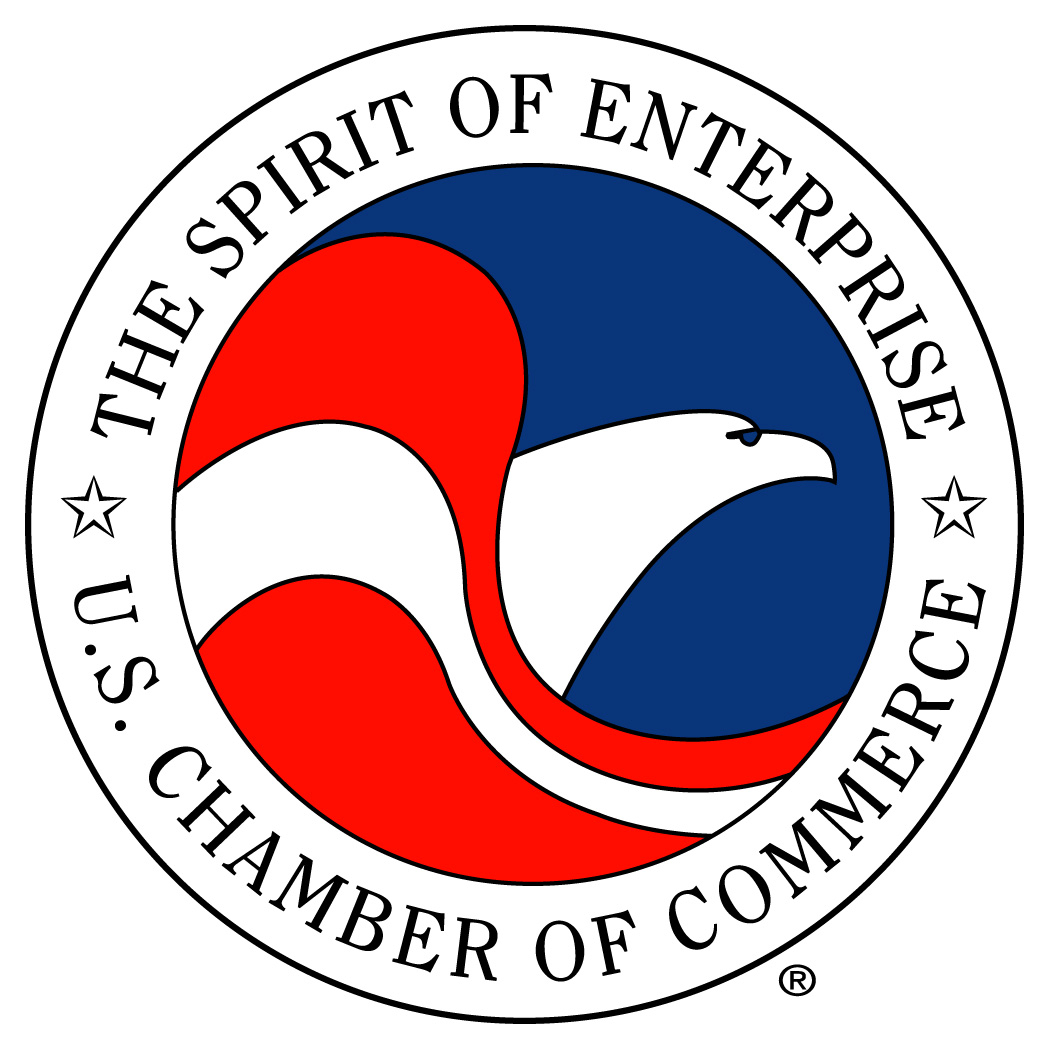COPENHAGEN — There is numbingly little news coming out of most of the 20 or so daily press briefings at the Copenhagen climate talks. Officials from national delegations and research, policy, and trade groups seem to use them to restate their already-known positions, wrapping them in as much jargon as possible just to be safe.
That held true for Thursday’s briefing by the International Chamber of Commerce, where several American reporters came to learn how the ICC felt about the U.S. Chamber’s antics this year. The U.S. Chamber, for a refresher, fought the clean energy bill that passed the U.S. House this summer, called for a 21st Century Scopes Monkey Trial to question the science of climate change, and was deserted by several prominent members — Apple, Pacific Gas & Electric Co., Exelon, and PNM Resources — who trashed the Chamber’s climate policy on their way out.
ICC officials in Copenhagen made it clear, in a roundabout way, that they don’t share the U.S. Chamber’s opposition to setting a price on carbon. (Business reps here tend to agree that a worldwide price on carbon, whether through cap-and-trade or a tax, is the One Crucial Thing from which myriad positive changes will flow.) The ICC supports an international climate plan that covers all major emitters. The U.S. Chamber says it wants a climate plan too, but it wants one so watered down as to be meaningless.
 In response to a question about the U.S. Chamber’s behavior, ICC Environment and Energy Commission Chair Laurent Corbier said, “We are definitely a very wide organization, composed of many, many different organizations and members. We do have a lot in common. From time to time, other organizations will have their own views and their own priorities. We do not dispute that. It’s something that does not stop the progress of the ICC.”
In response to a question about the U.S. Chamber’s behavior, ICC Environment and Energy Commission Chair Laurent Corbier said, “We are definitely a very wide organization, composed of many, many different organizations and members. We do have a lot in common. From time to time, other organizations will have their own views and their own priorities. We do not dispute that. It’s something that does not stop the progress of the ICC.”
That’s sort of diplomatic speak for “We’re not with stupid.”
“We’re obviously coming from a different position,” ICC spokesperson Mary A. Kelly said afterward.
She clarified the formal relationship: The official American affiliate to the International Chamber is the Council for International Business. The U.S. Chamber is an affiliate of the CIB — two steps removed from the International Chamber. But the ICC is not deliberately distancing itself from the U.S. Chamber; the two were never closely related to begin with, she said.
By the way, the U.S. Chamber’s Steve Eule is attending much of the Copenhagen conference. He wrote down a predictable Chamber wish list for the talks, which hilariously notes that “developing countries will be the source of over 80 percent of future emissions out to 2050,” so they better do their share of cleaning up the mess.
Focusing only on future emissions is just a tad bit hypocritical for a leading industry group in the country that’s done more carbon polluting than any other. Don’t let Santa see that wish list, Steve.




